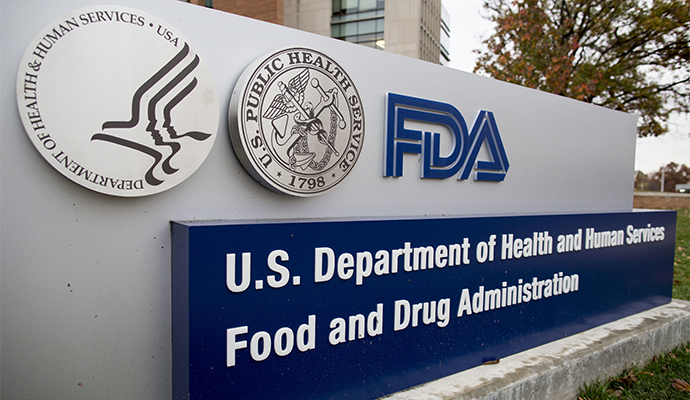FDA Grants Emergency Use Authorization to Yale for COVID-19 Test
Yale’s COVID-19 test processes saliva samples when testing for COVID-19 infection, eliminating the need for nasopharyngeal swabs, which have been prone to shortages in the past.

Source: FDA Official
- FDA recently issued an emergency use authorization (EUA) to Yale School of Public Health for its SalivaDirect COVID-19 test.
For more coronavirus updates, visit our resource page, updated twice daily by Xtelligent Healthcare Media.
The test uses a new method of processing saliva samples when testing for COVID-19. Researchers noted that testing saliva eliminates the need for nasopharyngeal swabs, which have also been prone to shortages.
“The SalivaDirect test for rapid detection of SARS-CoV-2 is yet another testing innovation game changer that will reduce the demand for scarce testing resources,” Brett P. Giroir, assistant secretary for health and Brett P. Giroir, MD, COVID-19 testing coordinator.
“Our current national expansion of COVID-19 testing is only possible because of FDA’s technical expertise and reduction of regulatory barriers, coupled with the private sector’s ability to innovate and their high motivation to answer complex challenges posed by this pandemic.”
The saliva sample can be collected in any sterile container and does not require a separate nucleic acid extraction step, FDA said.
The nasopharyngeal extraction kit has been prone to shortages in the past, so being able to successfully perform the test without a kit boosts the capacity for increased testing while also reducing the strain on other resources.
FDA stated that SalivaDirect has been validated and authorized for use with different combinations of commonly used reagents and instruments. This means that the test could be used broadly in high-complexity labs.
Yale will provide the COVID-19 test as an open source protocol so that designated laboratories could follow the protocol to get the components and perform the test in their own labs according to Yale’s instructions.
SalivaDirect can be used in high-complexity labs throughout the country if the company complies with the conditions of authorization in the EUA.
“Providing this type of flexibility for processing saliva samples to test for COVID-19 infection is groundbreaking in terms of efficiency and avoiding shortages of crucial test components like reagents,” said FDA Commissioner Stephen M. Hahn, MD.
“Today’s authorization is another example of the FDA working with test developers to bring the most innovative technology to market in an effort to ensure access to testing for all people in America. The FDA encourages test developers to work with the agency to create innovative, effective products to help address the COVID-19 pandemic and to increase capacity and efficiency in testing.”
This is the fifth test that has been granted EUA that uses saliva as a sample for testing. Testing saliva can potentially lower the risk posed to healthcare workers responsible for sample collection.
There are many beneficial COVID-19 tests that have been previously granted a EUA, including serology tests, antibody tests, and pooled sample tests.
At the end of July, FDA reissued a EUA to Quest Diagnostics for its sample COVID-19 pooled testing tool. This was the first test to be authorized for use with pooled samples.
Sample pooling allows for more individuals to be tested quickly using fewer testing resources, FDA stated.
The samples collected are tested in a “batch” using one test. If the pool is positive, one or more of the individuals in the group may be infected, so each of the samples in that pool are tested again individually.
Sample pooling generally means that fewer tests are run overall, meaning fewer testing supplies are used and more tests can be run at the same time, FDA stated. This allows patients to receive their results more quickly.
In a recent TIME article, Peter Iwen, director of the Nebraska Public Health Laboratory, explained that pooled testing may save on reagents, the chemical substances needed to run COVID-19 tests.
Because pooled testing was effective in the past for STDs, Iwen said that there was potential for use for COVID-19.
